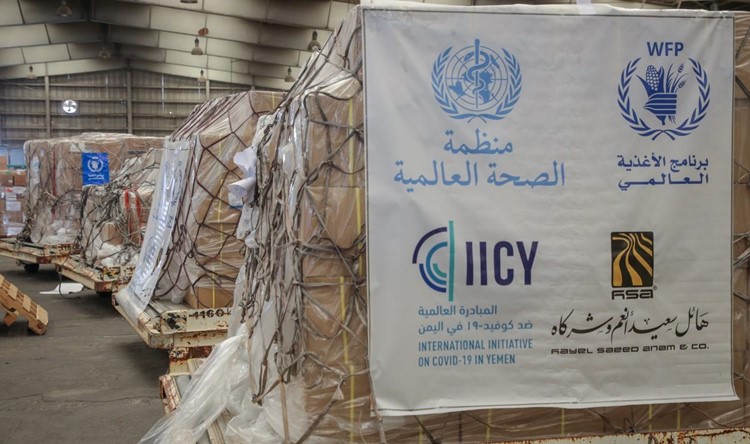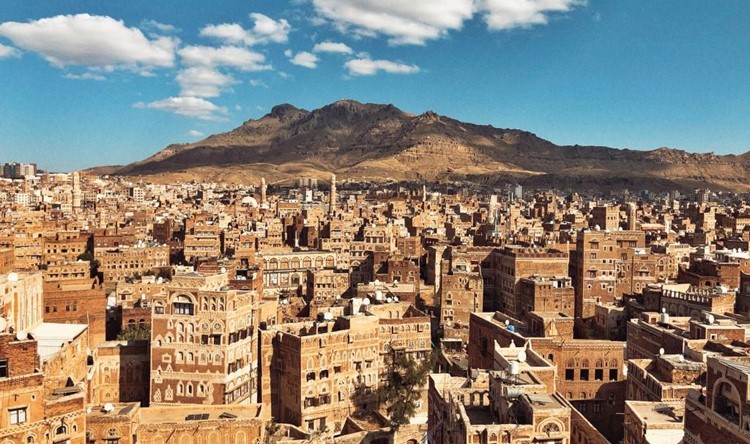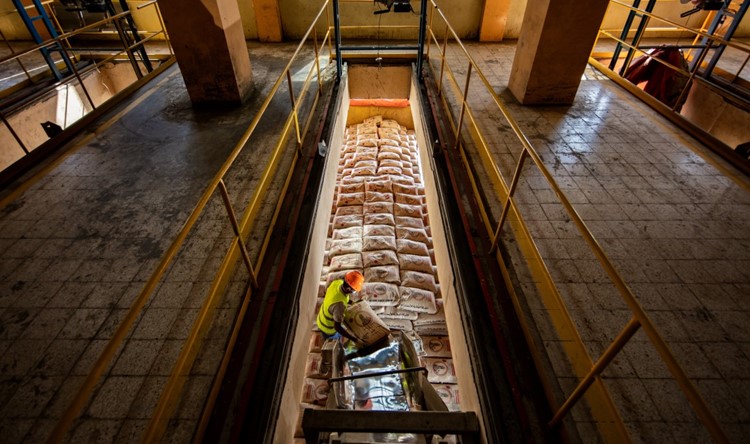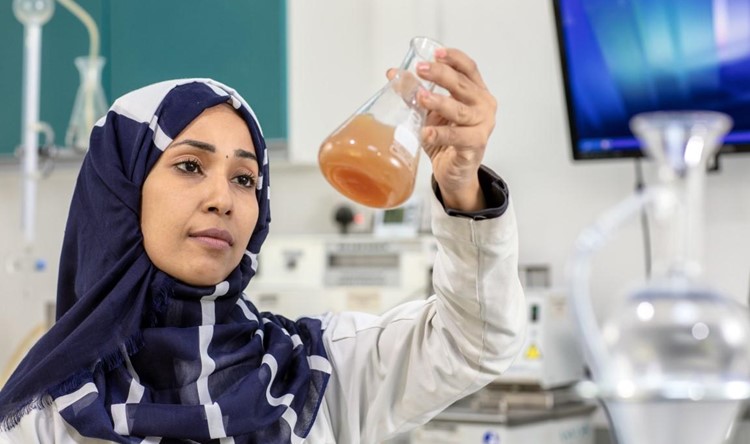
Arabian Business: Investing in Yemen's long-term sustainable development
How Hayel Saeed Anam Yemen, the country's largest company, is helping its home market meet the UN's 2030 Sustainability Agenda.
Discord, political instability, natural disasters and famine – Yemen has suffered through more concurrent crises than any other country of late, and that was before the coronavirus pandemic struck. However, Hayel Saeed Anam Yemen (HSA) strongly believes that because – rather than in spite – of the major challenges that Yemen has faced, it is time to set a course for the country’s long-term sustainable future.
HSA’s approach to investing in local communities aims to help Yemen achieve some of the fundamental tenets of a prosperous and sustainable economy, environment and society outlined in the UN’s Sustainable Development Goals (SDGs). As the country’s largest company, HSA has played a crucial role in tackling food security challenges, providing employment for tens of thousands of Yemenis and investing in infrastructure.
The SDGs are a set of 17 interconnected global goals seeking to end poverty, protect the planet and ensure all people enjoy peace and prosperity by 2030. The goals provide a clear set of common objectives for national governments, civil society and the private sector.

Pushing the boundaries
Since its foundation, HSA has been taking action at a local level in Yemen that contributes to meeting three SDGs: fighting hunger; providing decent work and contributing to economic growth; and helping to further industry, innovation and infrastructure. To achieve this, HSA has joined hands with long-standing multinational corporate partners sharing similar values, including Unilever, TetraPak and Hyundai, as well as international humanitarian organisations like the World Health Organisation (WHO), International Medical Corps (IMC) and World Food Programme (WFP).
“HSA’s commitment to the Yemeni people goes beyond the customary aims of corporate citizenship and is deeply rooted in its history,” said Nabil Hayel Saeed Anam, managing director of HSA Yemen.
Established in the 1930s as a single shop in Aden by four Yemeni brothers from the Saeed Anam family, by the 1970s HSA had become an industrial pioneer and significant trading power across MENA, expanding into Southeast Asia and Europe. This laid the foundations of the wider HSA Group, now one of the Middle East’s largest business conglomerates operating in the FMCG, industrial, distribution, commercial and services sectors.
“Throughout the conflict, HSA has committed to maintaining its operations as a way of continuing to remain a central part of the lives of those we touch – our employees, customers or wider communities that rely on our goods and services every day.”HSA is today at the heart of Yemen’s society and economy. It produces market-leading F&B brands, household goods and healthcare essentials; manufactures a diverse range of industrial and construction materials; operates automotive vehicle dealerships; and provides insurance and financial services.

Confronting the challenges
SDG 2: Zero hunger
According to UNICEF, malnutrition remains one of the world’s most serious health problems. It results from a combination of factors: insufficient protein, energy and micronutrients, frequent infections or disease, poor care and feeding practices, inadequate health services and unsafe water and sanitation. Nutrition is essential to the health and well-being of society, and it is a focus of SDG 2 to end hunger, achieve food security, improve nutrition and promote sustainable agriculture.
As a regional F&B market leader, HSA’s purpose-driven product strategy and specialised local production facilities have helped the organisation supply staple foodstuffs that meet local demand. By fortifying a number of its food products, the company has increased their nutritional value to help tackle malnutrition and ongoing food security challenges.

SDG 8: Decent work and economic growth
Through SDG 8, the UN asserts that sustainable economic growth will require societies in developing countries to create conditions that allow the working-age population to gain quality job opportunities that stimulate the economy.
HSA has taken a long-term approach to investment in its workforce, a central pillar of its success. Throughout the continued uncertainty in the country, HSA’s facilities have remained open – keeping around 20,000 Yemenis in work – employees’ salaries have been paid and unprecedented private medical insurance has been provided to staff and their families.
A recent corporate transformation programme has helped personnel upskill, train in the latest technologies and build industry-leading workforce capabilities.
Meanwhile, HSA’s community-focused initiatives have seen close to 1,000 schools built or repaired and 3,000 male and female students receive full scholarships for further education.

SDG 9: Industries, innovation and infrastructure
SDG 9 emphasises the importance of investments in infrastructure including transport, irrigation, energy and information and communication technology as crucial to achieving sustainable development and empowering communities. The UN recognises that growth in productivity and incomes, and improvements in health and education outcomes require investment in infrastructure.
When conflict broke out in Yemen in 2015, damage to the local economy and national infrastructure pushed personal finances, community services and basic supply chains to breaking point. With roads severely damaged and some communities became isolated, HSA repaired 144 roads and bridges across the country. This allowed the company to maintain its supply chain, provided easier travel for employees, and, more widely, it became a lifeline to local traders and SMEs.
Story of resilience
The values that form the foundation of the UN’s 2030 Sustainability Agenda have been central to HSA’s operations for nearly 85 years. HSA’s philosophy rewards compassion and community spirit, guiding its work with employees, international and local partners, and customers.
“This has always been at the heart of our identity as a family and a company. It has helped ensure that we build on the legacy we have created, inspiring us to lead in the future, as we have in the past, guided by respect for ourselves, for others and for future generations,” Anam said. “This compels us to act with responsibility and courage, even in the most challenging moments of history.”
As a company with deep roots in Yemen and its ancient communities, HSA knows this is a country with unmatched potential and resilience. Having stood by the Yemeni people through turbulent and prosperous times alike, the company appreciates that during times of hardship, small moments of happiness are ever so important and will continue to play its small part – whether through ensuring access to trusted brands, providing job security to many or reconnecting remote villages to the nation’s main transport links.